Animal Farm by George Orwell
FULL DRAMATIZED AUDIOBOOK
FULL DRAMATIZED AUDIOBOOK
(CHAPTER BY CHAPTER PLAYLIST)
It is an allegorical novel that deals with the Russian revolution through the animals in the manor farm who protests against their human masters’ tyranny. Unfortunately, when they feel like they have attained freedom, they become the victims of a power-hungry pig, Napoleon. He becomes a totalitarian dictator and rephrases the ideology of Animalism from “All are Equal” to “All Animals Are Equal / But Some Are More Equal Than Others” oppression.
Key Facts about Animal Farm
Title: Animal Farm, though initially known as Animal Farm: A Fairy Story
When/where written: Orwell started writing the novel in 1944
Published: First published in England on 17 August 1945 and in the U.S in 1946
Literary Period: Modernist period
Genre: Political satire; AllegoryPoint-of-View: Third-person through an anonymous writer
Setting: Mr. Jones’ Manor Farm
Climax: The Climax of the novel appears in Chapter V, where Napoleon runs Snowball off the farm, to secure power.
Antagonist: Napoleon
George Orwell and Animal Farm
George Orwell was a committed socialist, who expressed his strong views through his intellectual engagements. He has clearly portrayed his dissatisfaction over the dictators and megalomaniacs through his writings. If one observes his works clearly it could be clearly seen how he has dealt with socialism as something more than an emotion. Moreover, he has identified the Spanish Civil War of 1936 as some kind of defining moment in his career. For, he too has taken part in the war which unfortunately incapacitated him.
Animal Farm depicts the agony of Orwell as a Socialist as he sees the way Socialism has been deformed by Stalin. Orwell deliberately mocks and criticizes the Russian leadership under Lenin using Animals in the novel. It is evidently his disappointment exhibited through the simple story that shares his detailed perspectives on the Socialist Revolution. Orwell in his Animal Farm explains the Russian Revolution as a history of a revolution that went wrong through the animals’ attempt to attain freedom and equality which unfortunately leads to dictatorship. Initially, when the animals secure their freedom they form a utopian society, but soon they fall prey to the dictatorship of the pigs which were the brightest of other animals. The course of the story stands for The Russian Revolution of 1917 and the early years of the Soviet Union. While concluding the novel Orwell honestly illustrates the miserable impact of power in the life of comrades who become tyrannical dictators who initially fought for a cause quite opposite.
Books related to Animal Farm
Animal Farm is a widely read allegorical novel of George Orwell set in a dystopian world. It is a political satire in all its form on the negative result of the Russian Revolution and Stalin’s dictatorship. Though Orwell is a believer in socialism, he warns people against the dangers of Communism and totalitarian states, which was spreading rapidly in Europe with the possibility of Fascist Italy and Nazi Germany coming to power. Similar to Orwell’s Animal Farm, there are works intended as a political satire by different authors at different periods. These allegorical novels serve a moral or political idea woven into a fictional story.
Some of the novels that follow the setting and the theme of Animal farm include Aldous Huxley’s Brave New World, Ray Bradbury’s Fahrenheit 451, Golding’s Lord of the Flies, and Orwell’s famous dystopian novel 1984. Bradbury in his dystopian novel Fahrenheit 451 written during the 1950s, at the height of McCarthyism in America, explores the dangers of rejecting knowledge in his. Similarly, Golding’s Lord of the Flies, written in 1954, examines the anxieties of society post-world war. Also, Aldous Huxley in his Brave New World deals with a futuristic world where the citizens are genetically modified to uphold the authoritarian regime. In contrast to Animal Farm, 1984 is set in a futuristic world and explores the effects of totalitarianism and warns the world against it.
The Lasting Impact of Animal Farm
Animal Farm though a short book is one of the few books that are featured as favorites by most people since its publication. Still in 1945, when Orwell tried to publish the book, it wasn’t a cakewalk for him. The publishing houses in Britain were hesitant for it was criticizing the Russian government, which was an ally then. Even, T. S. Eliot, who was a director of a publishing firm, rejected stating that it is “good writing” and still “not convincing.”
In this allegorical novel, Orwell makes one experience all the human emotions through the animal characters in the novel. Orwell attacks Stalinism in Russia through the characters of Animal Farm. The dominant figures of Animalism, The Old Major, Snowball, and Napoleon represent Karl Marx, Leon Trotsky, and Stalin respectively. Napoleon driving Snowball out of the farm is based on Trotsky, who was expelled from the Communist Party, deported from Russia, and murdered by Stalin’s order.
The novel in all its significance speaks about power and corruption and how a democratic farm turns into a dictatorship. Even after decades of its publication, it stands as evidence of the political system’s universality. Napoleon uses propaganda, fear, and force to accomplish his motive. Similarly, this is happening of all ages. It could be relevant to all periods wherever the dictators take advantage of the human desire for a better world for their own selfish interests. Thus, reading Animal Farm will remain an eye-opener for generations to come as a manual to question power and hold leaders and the government responsible for their acts. In the end, the key characters not only represent the dictatorial regime of Stalin but also any regime that tries to hold ultimate power over its subordinates.
Thus, all the unique features of the novel as mentioned stand as evidence for the long-lasting impact the novel has created in the past decades.
